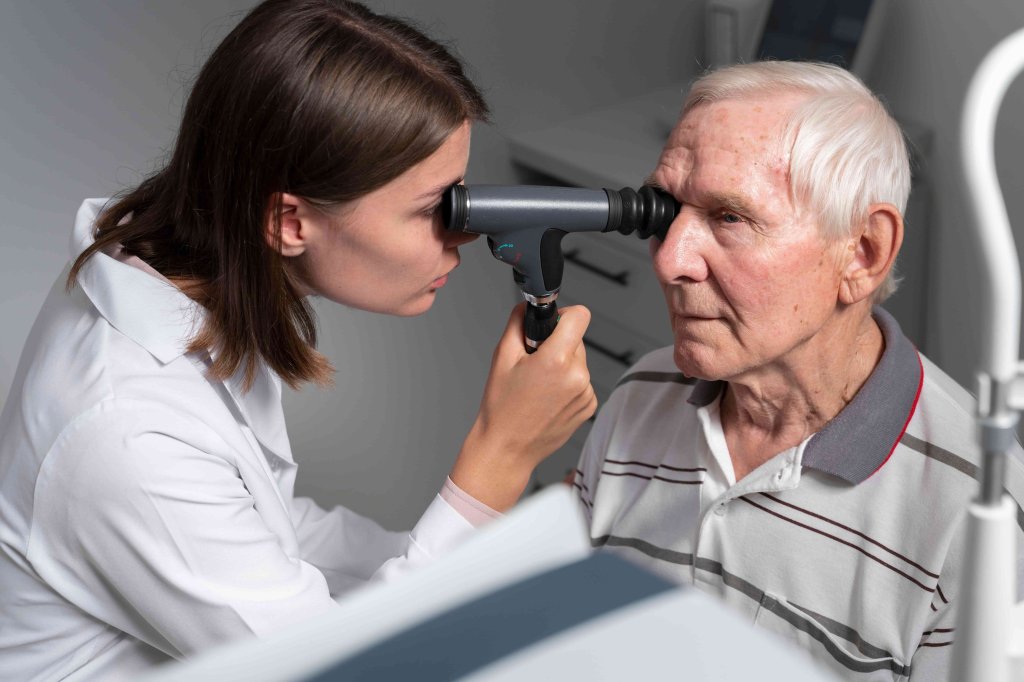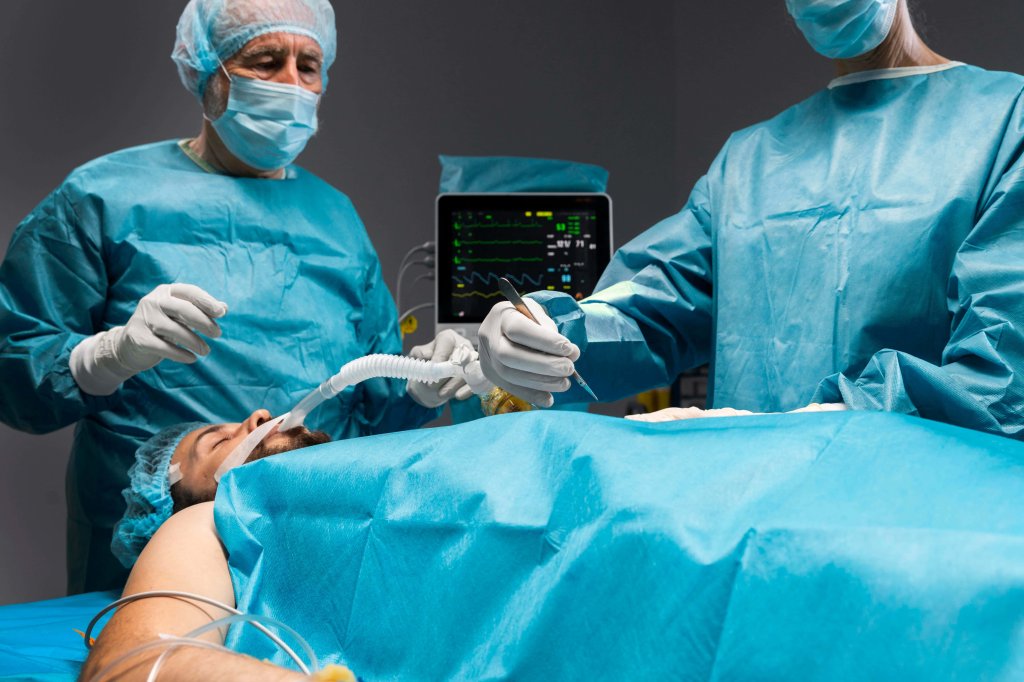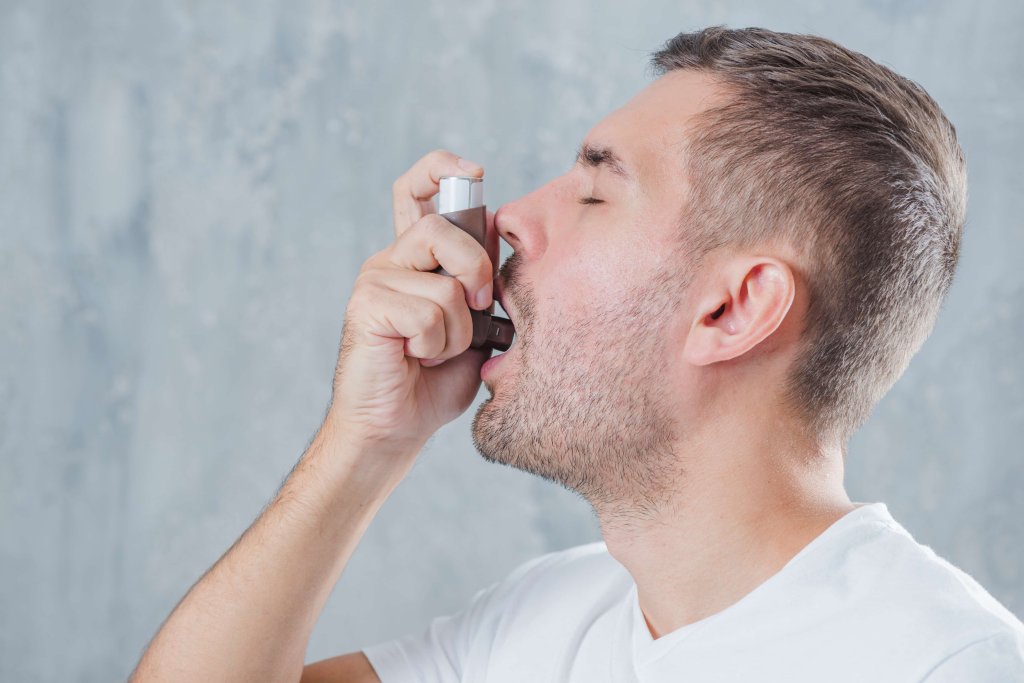The question of how to care for your eyes after cataract surgery is one of the most frequently asked by patients during the recovery process. Cataract surgery is a highly effective procedure for restoring vision, but careful eye care after surgery plays a critical role in achieving successful results. In this article, we will discuss the essential aspects of eye care after cataract surgery and how you can speed up the healing process.
Post-Surgery Early Days: Rest and Caution
In the first few days after cataract surgery, it is essential to protect your eyes and focus on recovery. Important considerations during this period:
Use of Eye Patch: Do not remove the eye patch applied after surgery for the duration recommended by your doctor. This helps protect your eye from infections and external factors.
Rest: Avoid activities that strain your eyes. Resting as much as possible in the first few days will help your eyes heal.
Avoid Sleeping on Your Stomach: To prevent pressure on the operated eye, make sure to sleep on your back.
Use of Eye Drops
Using eye drops is a crucial part of post-cataract surgery care. The drops prescribed by your doctor reduce the risk of infection and speed up the healing process. Key points for using eye drops:
Timing of Drops: Use the eye drops at the times and frequency specified by your doctor. Regular use ensures the effectiveness of the drops.
Hygiene: Wash your hands thoroughly before using eye drops. Be careful not to let the dropper tip touch your eye or any surface.
Waiting Between Drops: If you are using multiple eye drops, wait at least 5 minutes between them. This allows each drop to be effective in your eye.
Eye Cleaning and Hygiene
Post-surgery eye cleaning and hygiene are vital to minimizing the risk of infection. Important points for eye cleaning:
Cleaning Around the Eye: Gently clean any discharge around the eye with a clean cotton pad or gauze. Avoid applying pressure to the eye during this process.
Avoid Makeup: Refrain from wearing eye makeup for the first few weeks. Makeup products can increase the risk of eye infection.
Do Not Rub Your Eyes: Rubbing your eyes can cause stitches to open or delay the healing process. If you experience itching, use eye drops to alleviate it.
Use of Glasses
After cataract surgery, it is recommended to wear sunglasses to protect your eyes. This protects your eyes from bright light and provides comfort during the recovery process. Key points for using glasses:
UV Protection: Ensure your sunglasses have UV protection. UV rays can negatively affect your sensitive eyes after surgery.
Indoor Glasses: Depending on your eye sensitivity, you may continue wearing glasses indoors to protect your eyes from dust and other irritants.
Prescription Glasses: After a few weeks, once your eyes stabilize, your doctor may prescribe new prescription glasses.
Physical Activity and Exercise
You should be cautious with physical activities after cataract surgery. Avoiding activities that require excessive effort is essential to protect your eyes. Key points for physical activity:
Avoid Heavy Lifting: Avoid heavy lifting for the first few weeks. Such activities can increase intraocular pressure and negatively impact the healing process.
Limit Exercises: Limit exercises in the first weeks after surgery. Opt for light activities like slow walks.
Avoid Swimming and Water Sports: Stay away from swimming or water sports for the first few weeks after surgery. Water can introduce bacteria to your eyes.
Regular Doctor Check-Ups
Regular doctor check-ups after surgery are essential for monitoring your recovery and preventing potential complications. Important considerations during doctor visits:
Follow-Up Appointments: Attend all follow-up appointments scheduled by your doctor. These check-ups are necessary to monitor your eye’s healing and vision improvement.
Vision Problems: If you experience any vision problems, excessive pain, or redness after surgery, contact your doctor immediately. This ensures early detection of possible complications.
Additional Treatments: Discuss with your doctor if additional treatments or medications are needed during the recovery process.
Nutrition and Lifestyle
Paying attention to your diet and overall lifestyle is crucial for maintaining eye health after cataract surgery. Tips for supporting eye health:
Antioxidants: Antioxidants such as vitamins C, E, and beta-carotene support eye health and speed up the healing process. Make sure to consume plenty of fruits and vegetables.
Omega-3 Fatty Acids: Foods rich in omega-3 fatty acids, such as fish, walnuts, and flaxseeds, have a positive effect on eye health.
Avoid Smoking: Smoking is one of the factors that negatively affect eye health. Avoiding smoking during the recovery period is important for protecting your eye health.
The answer to how to care for your eyes after cataract surgery is critical for the success of the surgery and maintaining your eye health. Paying attention to post-surgery rest, eye drop usage, eye hygiene, and regular doctor check-ups will speed up the recovery process and prevent complications. Don’t forget to follow these recommendations to protect your eyes and ensure a healthy recovery process. Wishing you a healthy vision!




